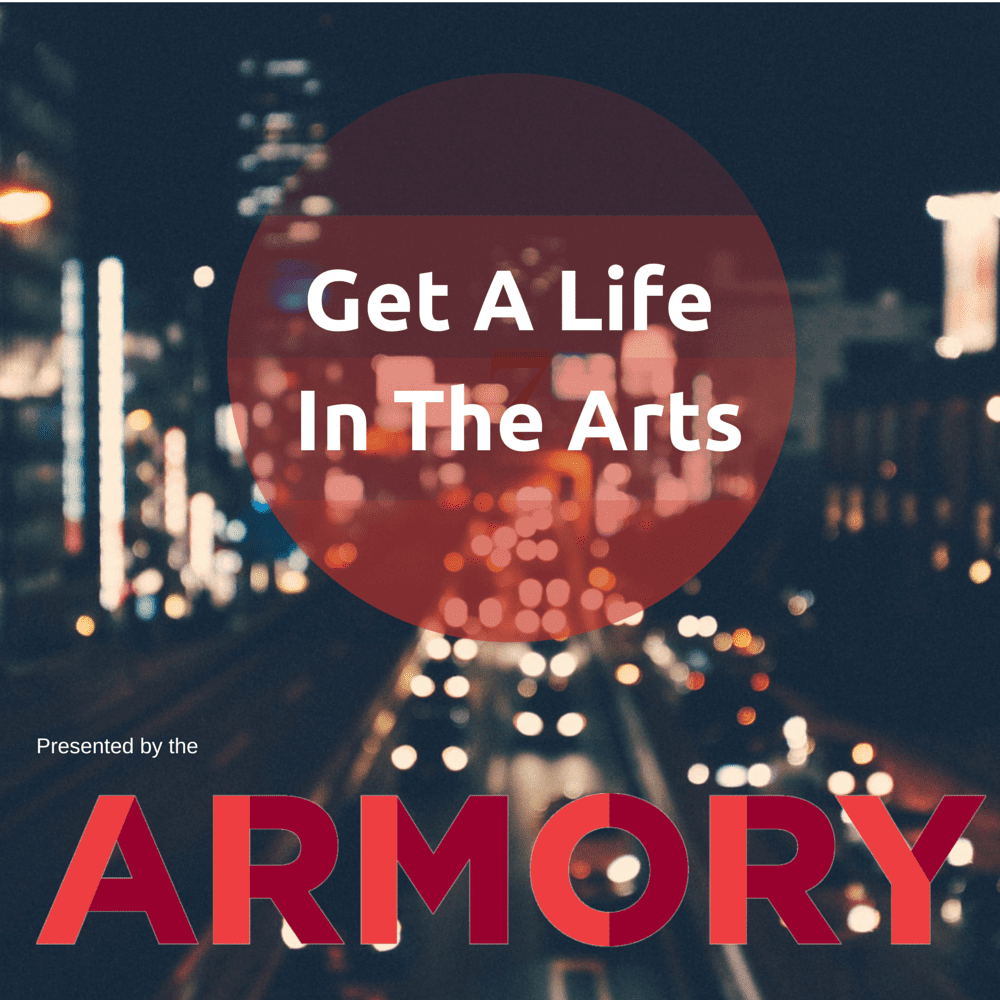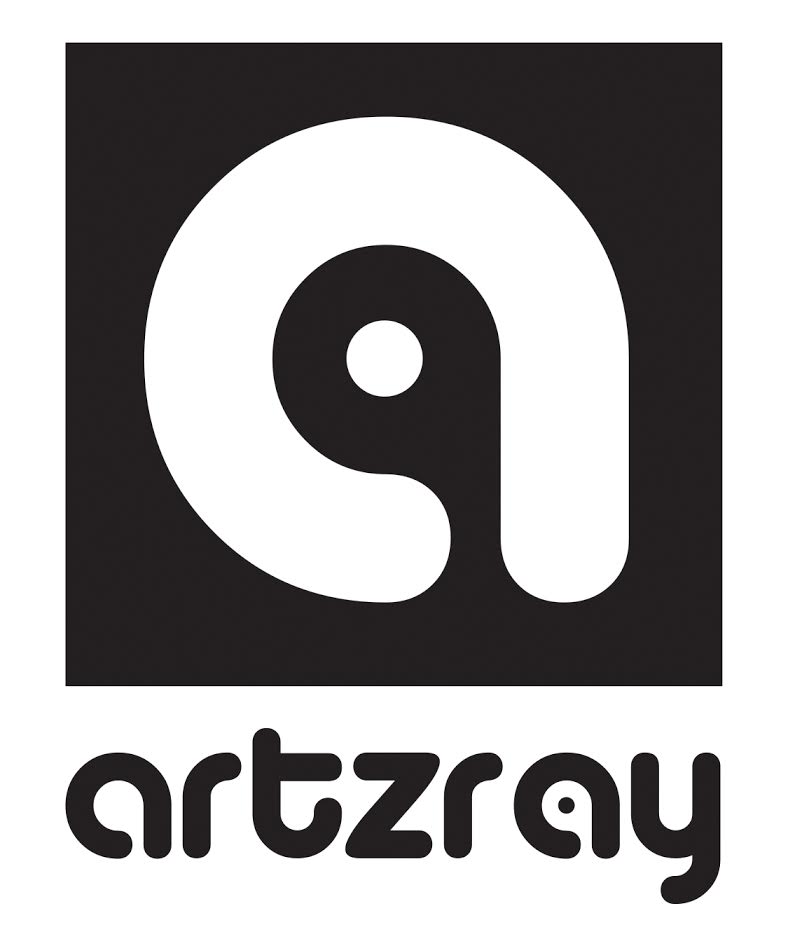Life is an Improv – Artist Profile with Jully Lee


Jully Lee began her performance career in sketch comedy and improv performing in Telemongol, her first theatrical production in 2006. Since then, Jully has continued to perform improv with Cold Tofu, and has received critical acclaim for her performances in over 25 productions on-stage. Most recently, she was seen in Tokyo Fish Story at South Coast Repertory, playing the role of Ama.
This article is part of a monthly series called “Get a Life in the Arts” by the Armory Center for the Arts.
How did you get your start as a performer?
I started on my path first by taking an ACTING FOR NON-ACTORS class with East West Players to get my feet wet. From there, I started taking beginning improv classes with Cold Tofu and continued through the program. I landed my first role in a staged comedy sketch show called Telemongol through Cold Tofu, and was offered a co-star role on Reno 911! on Comedy Central from performing in that sketch show. I’ve been working in stage and film/tv ever since.
Who or what are your major influences?
Everyone and everything in the world are my major influences! I learn by taking notice. I take notice of leaders, directors, colleagues and friends I respect and learn from their behavior, their conduct, and their actions. Conversely, I also take notice of behavior that I find unsavory and take note of what better alternatives there might have been in dealing with certain situations. Every moment is an opportunity to learn and be inspired.
What advice would you give a young artist just starting their career?
I would give them two quotes that have inspired me tremendously in this difficult career of ups and downs.
From writer and radio host of This American Life, Ira Glass:
“Nobody tells this to people who are beginners, I wish someone told me. All of us who do creative work, we get into it because we have good taste. But there is this gap. For the first couple years you make stuff, it’s just not that good. It’s trying to be good, it has potential, but it’s not. But your taste, the thing that got you into the game, is still killer. And your taste is why your work disappoints you. A lot of people never get past this phase, they quit. Most people I know who do interesting, creative work went through years of this. We know our work doesn’t have this special thing that we want it to have. We all go through this. And if you are just starting out or you are still in this phase, you gotta know its normal and the most important thing you can do is do a lot of work. Put yourself on a deadline so that every week you will finish one story. It is only by going through a volume of work that you will close that gap, and your work will be as good as your ambitions. And I took longer to figure out how to do this than anyone I’ve ever met. It’s gonna take awhile. It’s normal to take awhile. You’ve just gotta fight your way through.”
BY: PEABODY AWARDS
From legendary choreographer and modern dance pioneer Martha Graham:
“There is a vitality, a life force, an energy, a quickening that is translated through you into action, and because there is only one of you in all of time, this expression is unique. And if you block it, it will never exist through any other medium and it will be lost. The world will not have it. It is not your business to determine how good it is nor how valuable nor how it compares with other expressions. It is your business to keep it yours clearly and directly, to keep the channel open. You do not even have to believe in yourself or your work. You have to keep yourself open and aware to the urges that motivate you. Keep the channel open. … No artist is pleased. [There is] no satisfaction whatever at any time. There is only a queer divine dissatisfaction, a blessed unrest that keeps us marching and makes us more alive than the others.”
What do you think is the right path to a career in the arts? Do you endorse Art School or Music Conservatory over a Liberal Arts Education?
Getting an education is essential, but there is no right path. All life experience informs your work and your art, and everyone’s path is different. But you must get an education, even if it’s self-taught by checking out books from the library. Be informed and be aware. An artist is constantly learning and changing and growing.
Any tips on how to ace an audition?
AUDITIONS: Memorize your lines ice cold. Once they’re memorized start experimenting. Even if you’ve found the perfect delivery of the lines/monologue. Keep exploring, keep experimenting – with different emotions, attitudes, anything that might inform the performance. Keep your instrument facile – never settle for the “perfect performance.” It doesn’t exist because every performance is alive and changing and growing. You have to rehearse every possible performance you can think of. More ideas will come to you. New choices will come to you. Inspiration will constantly pour into your work. Take notice of your environment – where are you? Who are you talking to? What happened just before this moment? Does your character have plans following this moment? Have all these details inform your work during the exploration process. You’ll have a much better informed place to start from once you put in this work. I’ve been on the casting side, and generally speaking, 75% of the people come in with a good performance. 20% are under prepared. 5% give a sparkling performance. Competition is stiff – your performance must be sparkling. Being good in the audition isn’t good enough. A lot of people are good. Most people are good. You must be great. Come prepared. Be professional. And be ready to play.

Jully Lee is a performer and the Artistic Director of Cold Tofu, and is involved in a number of organizations which focus on promoting diversity throughout the community through education and performance.
She is a graduate of the University of Southern California, San Diego where she earned her B.A. in Human Development with a minor in Law and Society.
In addition to performing, Jully has directed several short plays and staged readings with Company of Angels and East West Players and served as an adjunct professor teaching musical theatre and acting at Bethesda University of California. She is also an instructor with Cold Tofu, and leads corporate and youth workshops teaching basic improv techniques to facilitate team building and interpersonal leadership skills.
For more information, please visit:
The Armory Center for the Arts builds on the power of art to transform lives and communities through creating, teaching and presenting the arts. It originated as the education department of the Pasadena Art Museum in 1947. The Armory has been at the forefront of art education in southern California for more than 60 years. Classes were led by artists whose teaching concepts grew out of the museum’s exhibitions of modern modern art. Today, we maintain our commitment to providing accessible public spaces for the exhibition of contemporary art and to providing meaningful experiences in art education.




